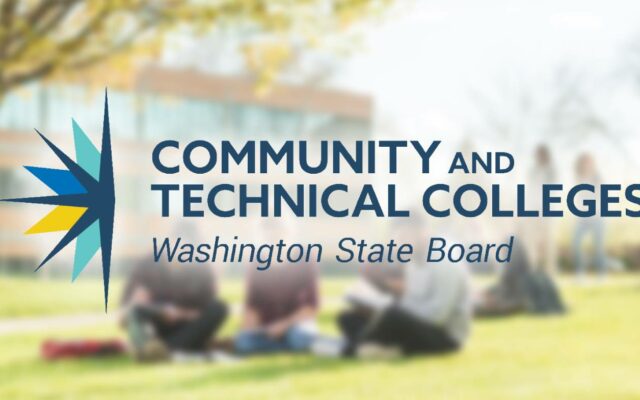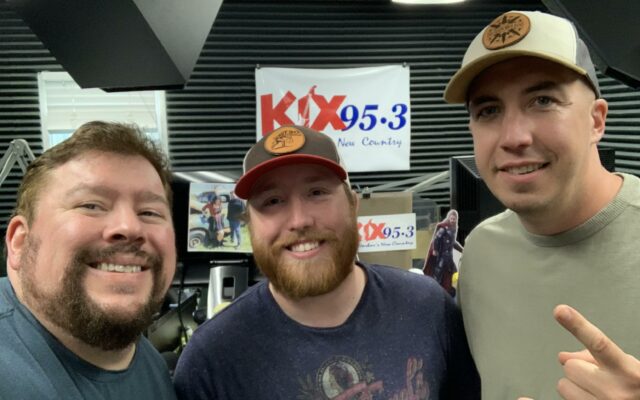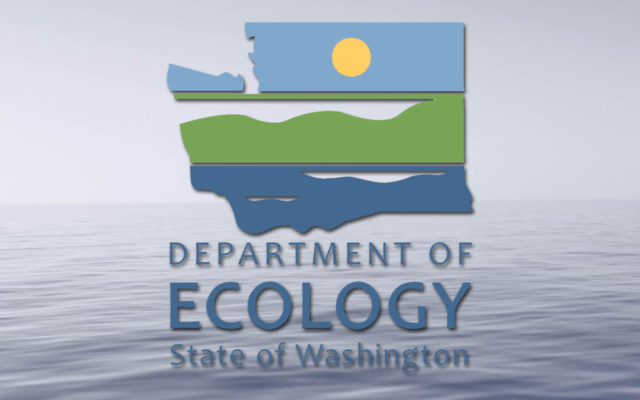Grays Harbor College to benefit from research project grant for all WA community/technical colleges

The Washington State Board for Community and Technical Colleges (SBCTC) recently received a $2 million grant from the National Science Foundation for a 5-year initiative that will expand research opportunities for students.
Colleges will use the grant funding to help embed research projects into class curricula so whole classes of students can participate in research projects rather than just a select few.
“Research skills are critical for community and technical college students to pursue a baccalaureate STEM degree or enter a science-related career,” said Paul Francis, executive director of the State Board. “We want to make sure our students access high-quality research experiences early so they are well positioned to succeed at universities and in the job market.”
Traditionally, undergraduate college students are expected to approach faculty members and ask for support and mentoring for a research project.
This approach disadvantages community and technical college students, according to the board, who say that these students often lack the time, inside knowledge, or personal connections to secure a research project outside of class. Faced with high teaching loads, college faculty often have little time for mentoring students and participating in independent faculty-led research projects.
The NSF funds will support an alternative approach called “course-based undergraduate research experiences,” or CUREs. The CUREs approach embeds research in class curricula, providing for-credit, research experiences for entire classrooms of students who might not otherwise find or be selected to participate in extracurricular research. This is especially important for community and technical college students, many of whom are students of color or come from less privileged backgrounds. CUREs provide thousands of diverse students with hands-on research experiences they might not otherwise have had.
According to Val Sundby, director of transfer education with the State Board, early research experience can help transfer students compete for advanced programs, lab research and internships at universities. Students can also distinguish themselves in the job market to employers who are looking for people with hands-on experience in research and problem-solving.
CUREs can also extend to coursework in non-STEM disciplines, like social sciences, and serve as a student success strategy to deepen students’ engagement and learning in any discipline, Sundby said.
“This alternative approach is really about democratizing research opportunities, which all too often are in short supply for students who are studying, working, and raising families,” said Sundby. “We’re bringing research into the classroom, for credit, rather than limiting opportunities to those created through individual student-faculty relationships.”
The initiative funded by the recent $2 million grant is called the “Washington Consortium for Undergraduate Research and Equity (WA CURE), which involves collaboration across Washington’s 34 community and technical colleges under the leadership of the SBCTC, Green River College, Yakima Valley College and Edmonds College.
This is the second NSF grant award to support statewide expansion of course-based undergraduate research experiences at Washington community and technical colleges. A $300,000 grant was awarded to Bellevue College in 2019 to help lay the groundwork for expanding equitable undergraduate research experiences across the state’s community and technical college system.
You Might Also Like



